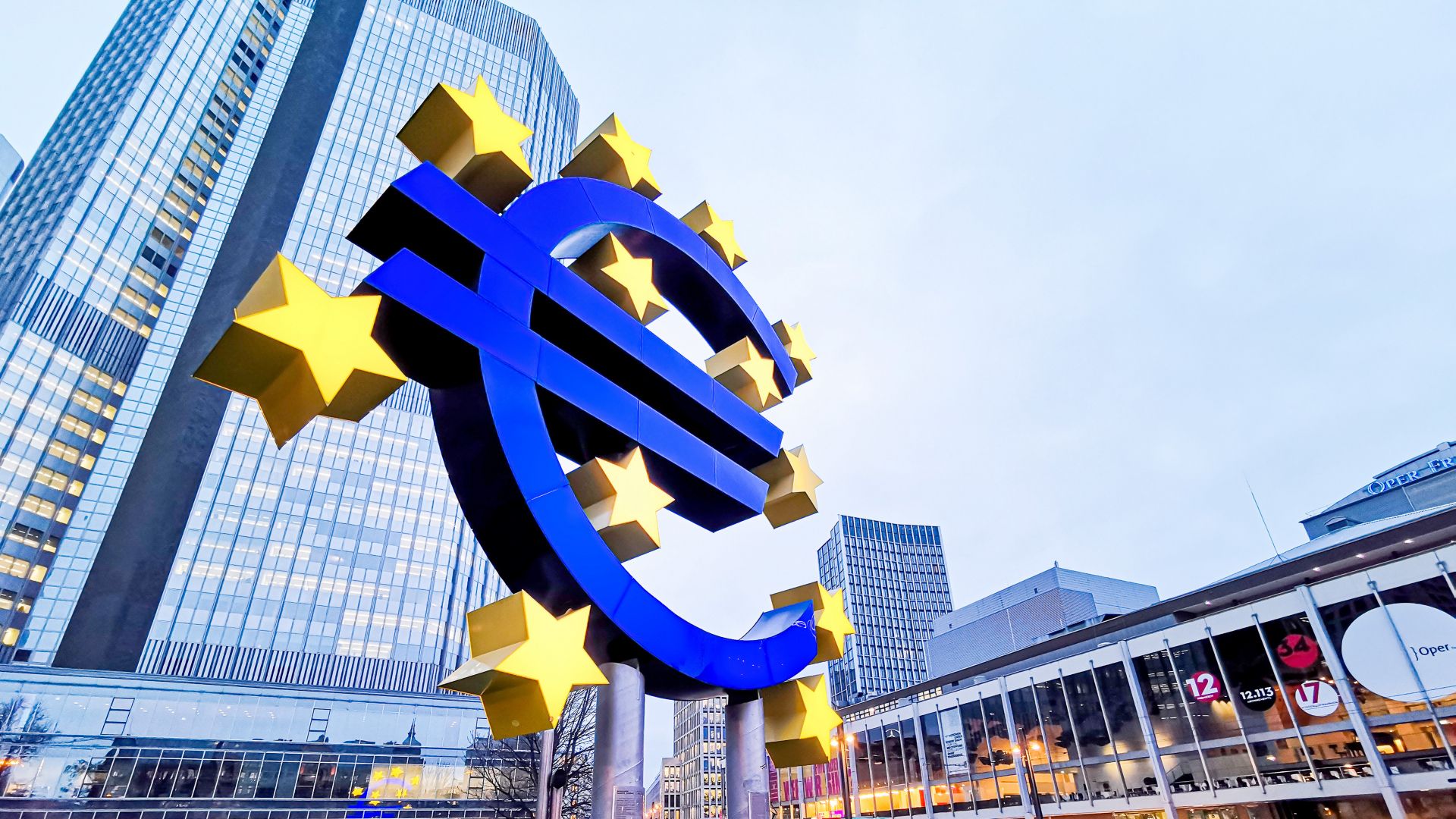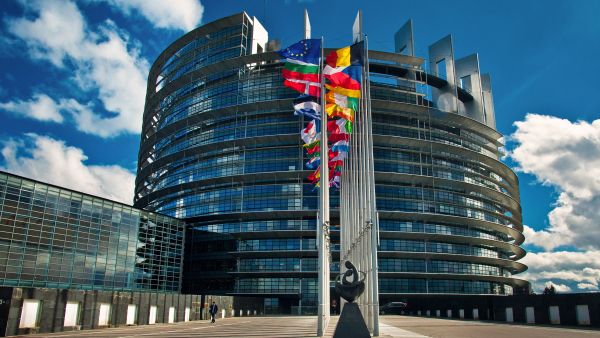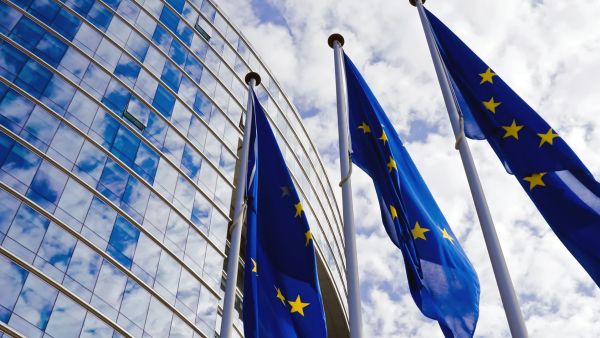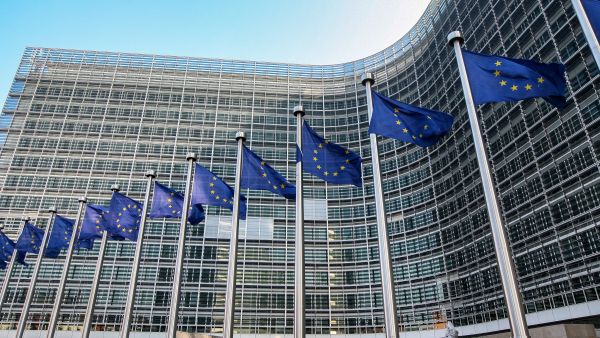Speaking ahead of a plenary debate with European Central Bank (ECB) President Christine Lagarde on the European Parliament’s annual report 2020, the Socialists and Democrats Group highlighted the need for the ECB to continue its active monetary policies to speed up the recovery and urged the ECB to step up its sustainability efforts. The S&D Group is leading the drive for a formal inter-institutional agreement between the ECB and Parliament that would ensure greater democratic accountability as the powers of the ECB increase.
Pedro Marques MEP, S&D vice-president responsible for the Green Deal and for the annual report on the European Central Bank, said:
“The European Central Bank (ECB) has proved to be a real fighter in getting Europe out of this crisis. Together with member states’ fiscal efforts, the ECB’s active monetary policy has managed to keep the European economy afloat during the Covid-19 pandemic. To speed up the recovery, the ECB must step up its efforts still further for jobs and growth. Looking beyond the immediate needs in this pandemic, the S&D Group calls on the ECB to live up to its commitment to combat the climate emergency and calibrate its policies towards sustainability, like purchasing more green bonds. The ECB must live up to its responsibility for building a good future for the people and the planet.”
Jonás Fernández MEP, S&D spokesperson on economic and monetary affairs, said:
“From Mario Draghi’s ‘whatever-it-takes' to save the euro to Christine Lagarde’s pandemic purchase programme to keep our economies afloat, the ECB’s powers have grown enormously. Yet, the European Parliament’s powers to scrutinise monetary policy and hold the ECB democratically accountable have not kept up. During the misguided Troika years in the wake of the last financial crisis, the flaws of the accountability framework were most acute and painful. As it is primarily shaped through practice and informal arrangements, holding the ECB accountable for its monetary policies depends largely on the ECB’s willingness to be held accountable. The S&D Group wants to change this to boost Parliament’s scrutiny powers and enhance the ECB’s democratic legitimacy. Our proposal, which has been endorsed by the Parliament’s political leadership, proposes to formalise all existing practices, and going beyond, to create a solid accountability framework that will deepen the European Monetary Union’s governance. We look forward to starting negotiations with the ECB.”
Note to the editor:
The S&D Group in the European Parliament is leading the drive for a formal inter-institutional agreement between the ECB and the European Parliament. In October of last year, the S&Ds launched their initiative. The negotiation mandate was formally adopted by the political leadership of the European Parliament in the Conference of Presidents on 9 December 2020. The chair of the economics and monetary affairs committee, Irene Tinagli, will now reach out to the president of the ECB, Christine Lagarde, to initiate negotiations between the two institutions.
Among the proposals to strengthen the ECB’s democratic accountability are:
- Establishing an informal dialogue after monetary policy decisions by the governing council.
- Enhancing the Monetary Dialogue.
- Setting up a ‘Parliamentary week of Monetary Policy’ involving MEPS and MPs.
- Strengthening the role of the European Parliament in ECB nominations based on Article 283(2) TFEU.
- Sending economics and monetary affairs committee delegations to the ECB bi-annually.











